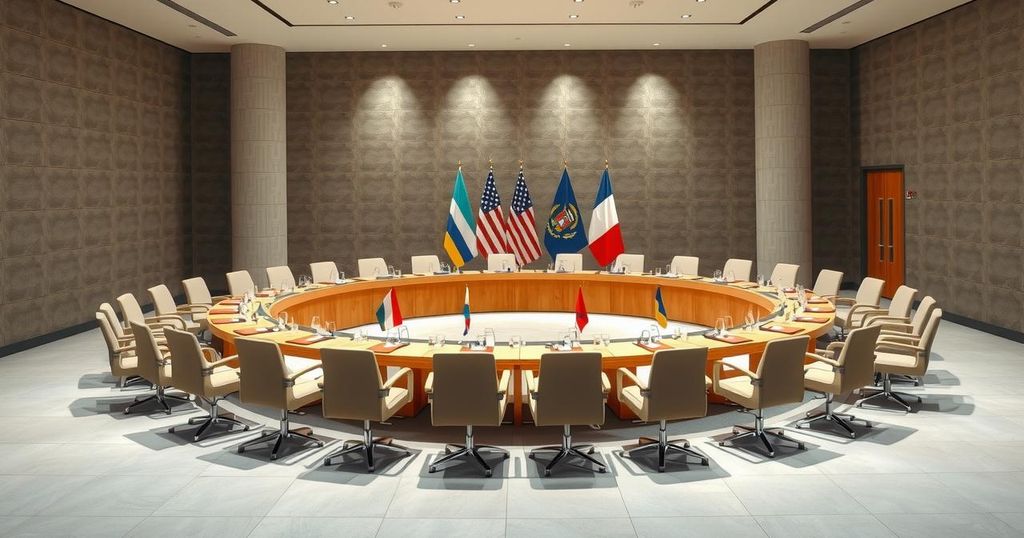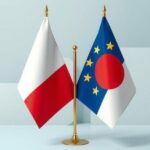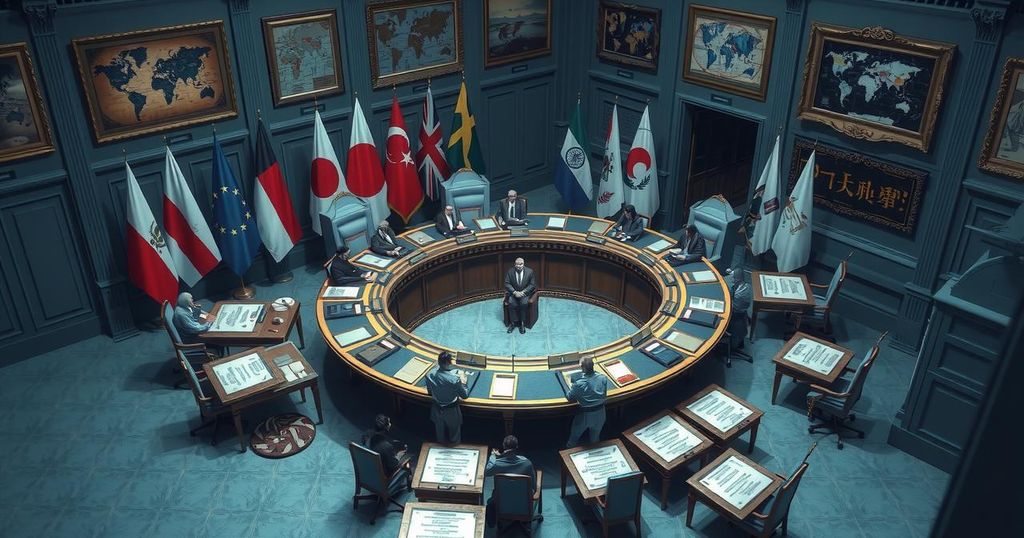Cultural Significance of Caffeinated Beverages During Ramadan in Saudi Arabia
This article discusses the cultural practice of consuming caffeinated beverages during Ramadan in Saudi Arabia, emphasizing their significance in fostering connections among families. It also highlights the PEOPLE organization’s ceremony that recognizes Saudi and Pakistani entrepreneurs contributing to Vision 2030, showcasing the collaboration between the two nations.
On recent occasions, the Saudi Arabian sun set as families gathered to prepare their thermos kettles, filling them with herbal and spiced flavors that symbolize Ramadan. The taller thermos is often filled with rich tea, while a shorter one contains cardamom-infused Arabic coffee, a staple of Saudi hospitality. Alongside these beverages, cups, saucers, dates, and desserts are traditionally laid out to accompany the breaking of the fast.
During Ramadan, as people fast during the day, they rely on caffeinated drinks to uplift their spirits in the evening hours. Aisha Al-Wattar, a public relations specialist, emphasized that these beverages foster social connections. She affectionately notes, “It’s a love language for a lot of people. When you say ‘let us go get coffee together after Taraweeh,’ it’s such an intimate thing.” After breaking fast, her family enjoys a ritual of coffee together.
Saudi coffee preparation involves roasting beans to a golden brown, boiling them, and serving the dark, unfiltered beverage enriched with spices like saffron, cardamom, and cloves. Al-Wattar indulges more in coffee during Ramadan, relishing varied drinks like icy coffee and americanos, as nighttime presents ample opportunities to enjoy these beverages despite the risks of dehydration.
Conversely, Saudi designer Qamar Ahmed integrates less coffee into her Ramadan routine, highlighting the challenges of fasting and the absence of stimulants commonplace in her daily life. She finds that the absence of coffee enhances the fasting experience, while also noting, “No morning that doesn’t start without a strong cup of brewed tea.”
Meanwhile, the Pakistani Executive Organization for Promotion of Leadership and Entrepreneurship (PEOPLE) hosted a sahoor and award ceremony in Riyadh, recognizing outstanding entrepreneurs from both countries for their contributions to Saudi Vision 2030. The event emphasized growing collaboration between Saudi Arabia and the Pakistani diaspora, involving notable dignitaries and professionals. Awards were conferred to individuals contributing significantly to economic progress in Saudi Arabia.
The article highlights the deep cultural significance of caffeinated beverages during Ramadan in Saudi Arabia, illustrating their role in uniting families and communities. Additionally, it brings to light the successful partnership initiatives between Saudi Arabian and Pakistani professionals, showcasing efforts towards economic development and Vision 2030. Both aspects exemplify the values of hospitality, community, and international cooperation prevalent in Saudi society.
Original Source: www.arabnews.com








Post Comment